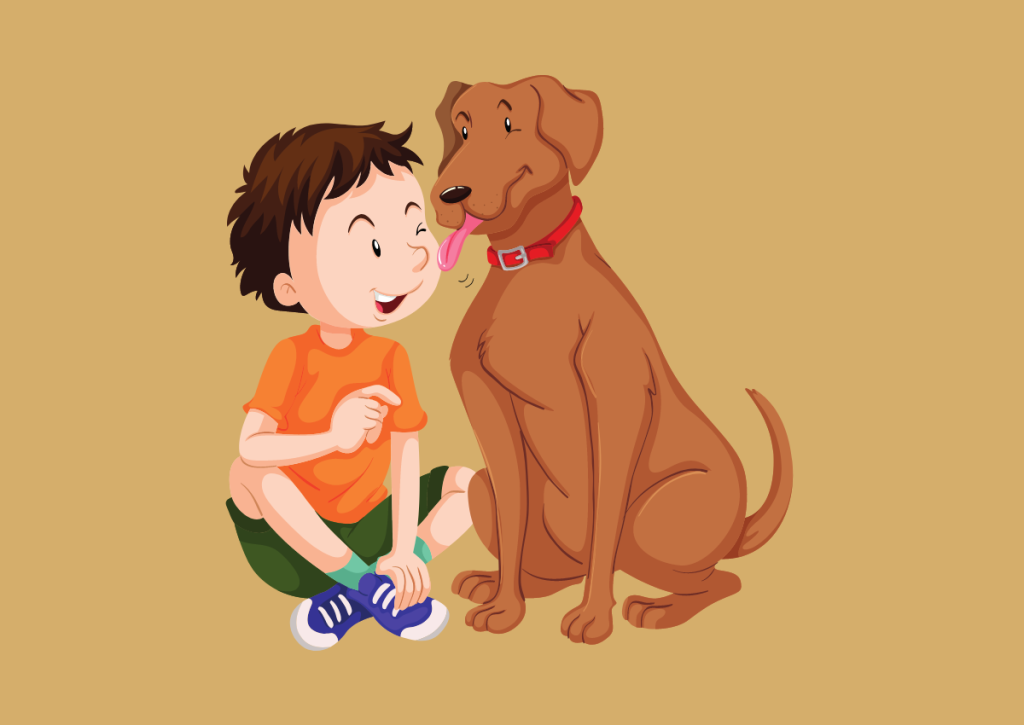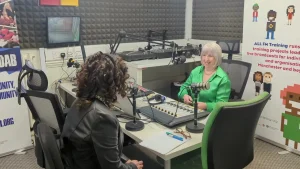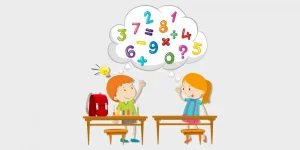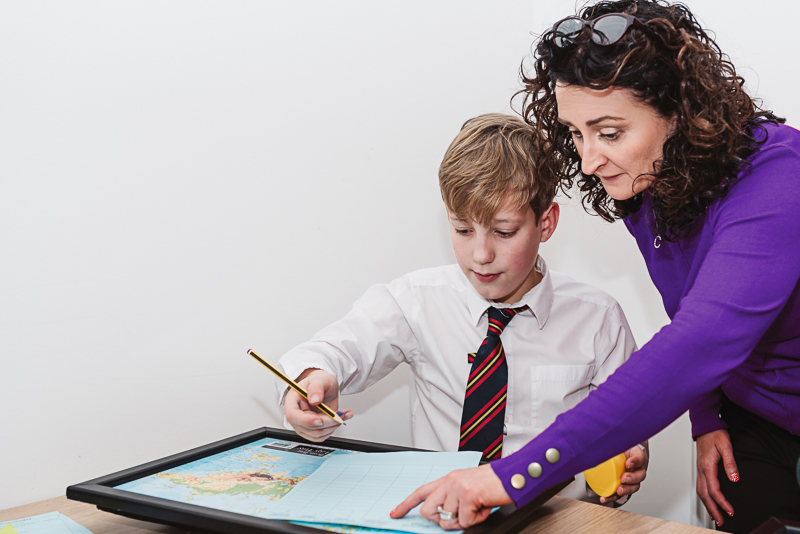Recently, I’ve been working in a school with groups of children, and I’ve been reminiscing about what I enjoyed when working with pupils, and the attributes that educators need to be successful. Here’s some of the top skills I think you need.
The ability to take- and act upon- constructive feedback
Being humble is a must if you work with children. I remember working with a Year 6 Class and preparing (what I thought was) an amazing session on building self- esteem. One task involved writing something about a person you liked. One child chose me- I was very flattered. “Mrs. Burke sometimes does ‘okay’ lessons.” The impact on my ego was excruciating but it did quench my habit of meticulous planning!
Stamina and perseverance
As a teacher or parent, we know that children often need to experience learning a number of times before they understand an idea or concept. I loved using drama to assist learning, and on one occasion I dressed up in full sixteenth century garb as Catherine of Aragon for a Year 3 topic on The Tudors. In my long dress and headpiece, I gave a heartfelt speech from ‘Catherine’. Then I heard a tiny voice from the back. “I don’t get it Miss” she queried, “which one are you from Frozen again?” Oh, back to the drawing board for me and my lessons on Henry’s wives!
A deadpan expression
We never know what will come out of the mouths of babies, and it’s so important that children know they’re being taken seriously that you often do have to stifle that smile. When leaving one school, I received an unforgettable card from a Year 4 child. He proudly read the message to me, “Dear Mrs. Burt, thank you for teaching us about body odour (B.O.). I will never forget you.” On dreary days like today, I read that card and it still makes me smile.
Thinking and acting outside the box
You have to expect the unexpected with children, and your ability to think and act flexibly to the learning needs and queries of each one is an absolute must. This results in us educators saying some rather unabashed and obscure things. When working in Early Years, if I had a penny every time I uttered the words, “Please stop licking their/ my shoes,” I’d be a rich lady indeed! Recently, I had to explain to a child during a grammar lesson, that when she had a baby it wouldn’t be a good idea to call it ‘Relative Clause’ even if she loved this part of a sentence so much. The variety and out of the blue questions make the job fantastically worthwhile.
The ability to form great relationships
Children are naturally free and open in their appraisals of others which makes it such a privilege to work with them. I would say the most important thing when working with children is your ability to form good relationships with them, and only them will they be in a positive learning state. It sounds obvious, but children are practically clairvoyant and instinctively know when someone is just ‘going through the motions’ with them. My mum who was a teacher too would say, “Children might not remember what you’ve taught them, but they’ll remember how you made them feel.” My fondest memory of school is an overheard conversation in the dinner hall. “Do you know Mrs. Burke?” said one child to another. “Yes,” came the reply. “She’s dead kind isn’t she?”
I’m glad I’ll be remembered not for my medieval costumes nor my mediocre lessons, but for being- and continuing to be- dead kind.

